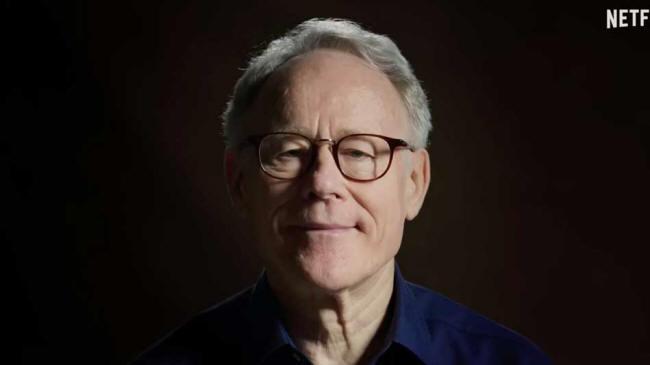|
by Evita Duffy-Alfonso
Spanish
version
scares the media because it sets a threatening example for viewers to begin questioning authority in other realms...
According to The Guardian,
The outrage articles don't seem to have stopped anyone from watching "Ancient Apocalypse," though.
The series reportedly garnered 24.62 million hours of viewing in its first week of release, earning it a spot on Netflix's "top 10" in 31 countries.
Accusations that Hancock's theory is an affront to archaeology or that it's somehow "racist" and "white supremacist" are poor excuses for the real reason people in the corporate media hate "Ancient Apocalypse":
The media fear the show threatens to prompt viewers to begin questioning the authority in other realms, as well.
The new docu-series rejects establishment archeology's belief that human civilization was not advanced prior to about 4,000 B.C.
Hancock travels to various ancient structures across the globe, pointing out that many of them happen to be architecturally alike - something modern archaeologists have been unable to explain.
He also points to many ancient civilizations sharing similar stories of an ancient being or beings teaching them about,
Hancock hypothesizes that a crashing comet destroyed Atlantis or a similar advanced lost civilization some 13,000 years ago, sparking a Great Flood (an event recorded and passed down by many ancient peoples).
Hancock attributes the similarities in architecture and origin stories of the known ancient civilizations to the survivors of the lost civilization.
He believes the survivors were somehow able to disseminate their knowledge to hunter-gatherers across the globe, who, in turn, built some of the oldest ancient civilizations in recorded history.
Hancock is a compelling narrator, and the idea that an advanced civilization was wiped out by the Great Flood isn't implausible.
However, his hypothesis still leaves viewers with unanswered questions.
Just because Hancock's theory has holes doesn't mean it isn't worth considering, and it certainly doesn't mean he should be silenced.
Last week, the Society for American Archaeology published an open letter pressuring Netflix to "reclassify this series as 'science fiction'" rather than a documentary.
The Guardian piled on, writing,
Scientists have a long tradition of being hostile to dissenters.
Scientists' hostility to Hancock is predictable, but the media's interest in "Ancient Apocalypse" is, at first glance, more puzzling.
As The Federalist's John Daniel Davidson writes,
The propaganda press may not care about science, but they do care about,
Without any evidence, the media smeared the Hunter Biden laptop story as "Russian disinformation" ahead of the 2020 election, aiding then-presidential candidate Joe Biden at the polls.
They also continue to uniformly gaslight those who question the results of the 2020 election, even though there is evidence that the suppression of the laptop story affected the outcome.
They also deny the electoral effects of the Zuckerberg-funded private takeover of government election operations by leftist groups before the 2020 election in key areas across the country.
Election interference is sort of the media's forte.
For years, the press tried unseating duly elected President Trump by peddling the Russia collusion hoax, which was based on information spoon-fed to them by the Clinton campaign and corrupt FBI.
One of the most egregious examples of media corruption and deceit was their Covid propaganda campaign.
The press blindly promoted,
They also smeared the plausible lab-leak theory as "racist" and a "conspiracy theory," all while destroying the reputation and careers of any scientists who dared challenge them.
It is equally important for free thinkers to look beyond the corporate news cycle and ponder deeper questions - like the origin of ancient human civilization.
"Ancient Apocalypse" infuriates the media because it beckons us to consider great human mysteries and to be skeptical of establishment narratives.
The series is entertaining and well-produced, but viewing it also has the delightful added bonus of giving a big middle finger to the lying propaganda press who think they own our minds...
Additional Information - The Videos
|


